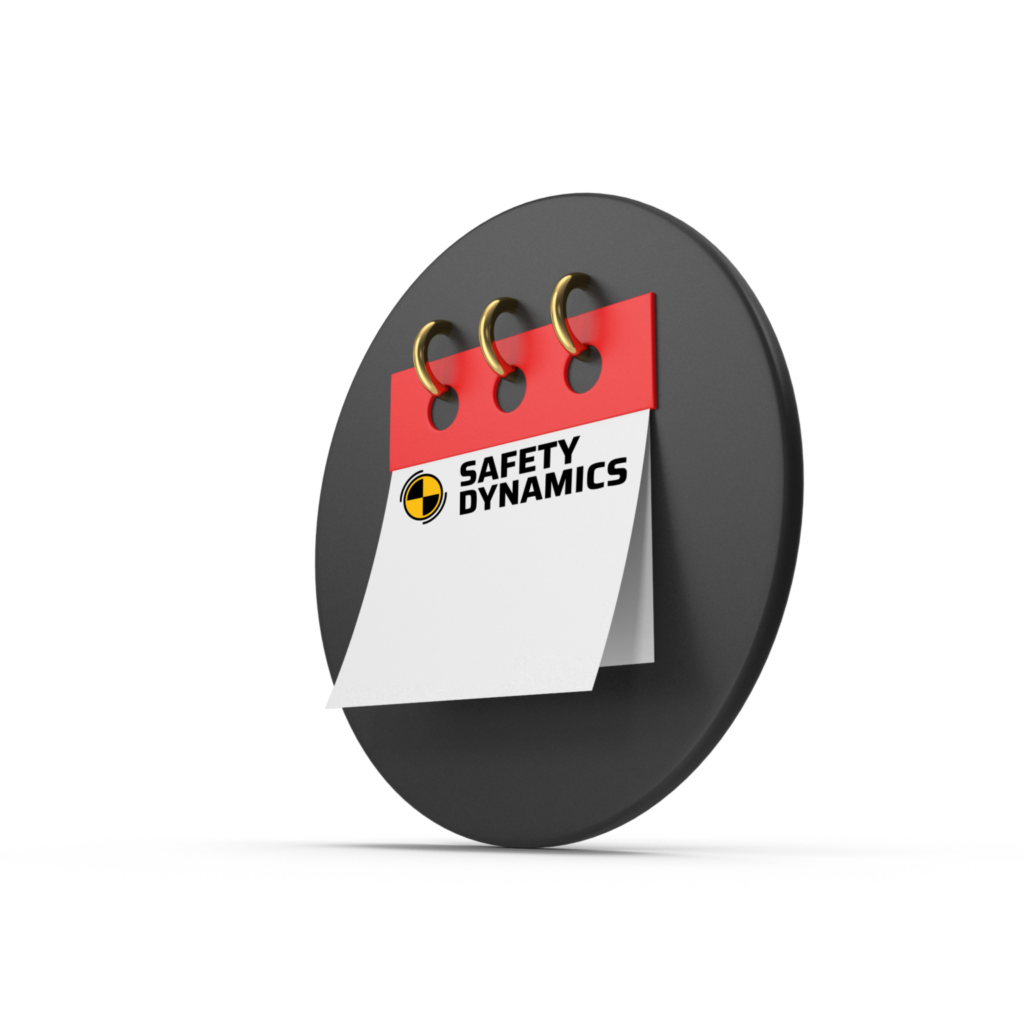
Chassis tests evaluate the strength and rigidity of the vehicle’s frame and supporting structures. This involves subjecting the chassis to various loads, including static and dynamic forces, to ensure it can withstand the stresses encountered during normal operation and in the event of a crash.
Chassis testing assesses the durability of the vehicle’s chassis under real-world conditions, including exposure to vibrations, road shocks, and environmental factors such as temperature and moisture. Durability tests help ensure that the chassis maintains its structural integrity over the vehicle’s lifespan.
Chassis tests include crash simulations to evaluate how well the vehicle’s chassis protects occupants during collisions. This involves conducting frontal, side, and rear impact tests to assess the chassis’s ability to absorb energy and distribute forces away from the passenger compartment, minimizing the risk of injury to occupants.
Chassis tests evaluate the vehicle’s stability and handling characteristics, including its ability to maintain control during maneuvers such as cornering, braking, and evasive maneuvers. Testing may involve assessments of factors such as suspension design, steering response, and overall vehicle dynamics.
Chassis testing includes evaluations of noise, vibration, and harshness characteristics to ensure a comfortable and quiet ride for occupants. This involves measuring and analyzing factors such as chassis resonance, vibration levels, and noise transmission to identify and address potential sources of discomfort or distraction.

We serve our services in a short time of schedule. It gives you a time serving advanteges and getting test results faster. (Less than 10 minutes between tests!)

We are based on a important geological are.

We have state-of-the-art equipment that complies with the latest technology and regulations.